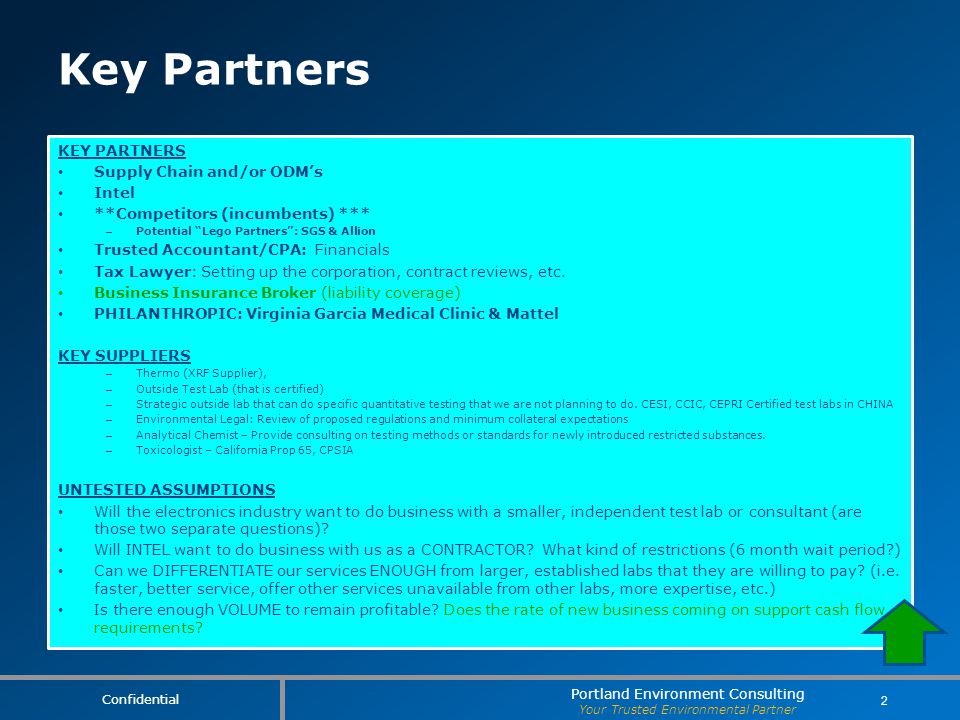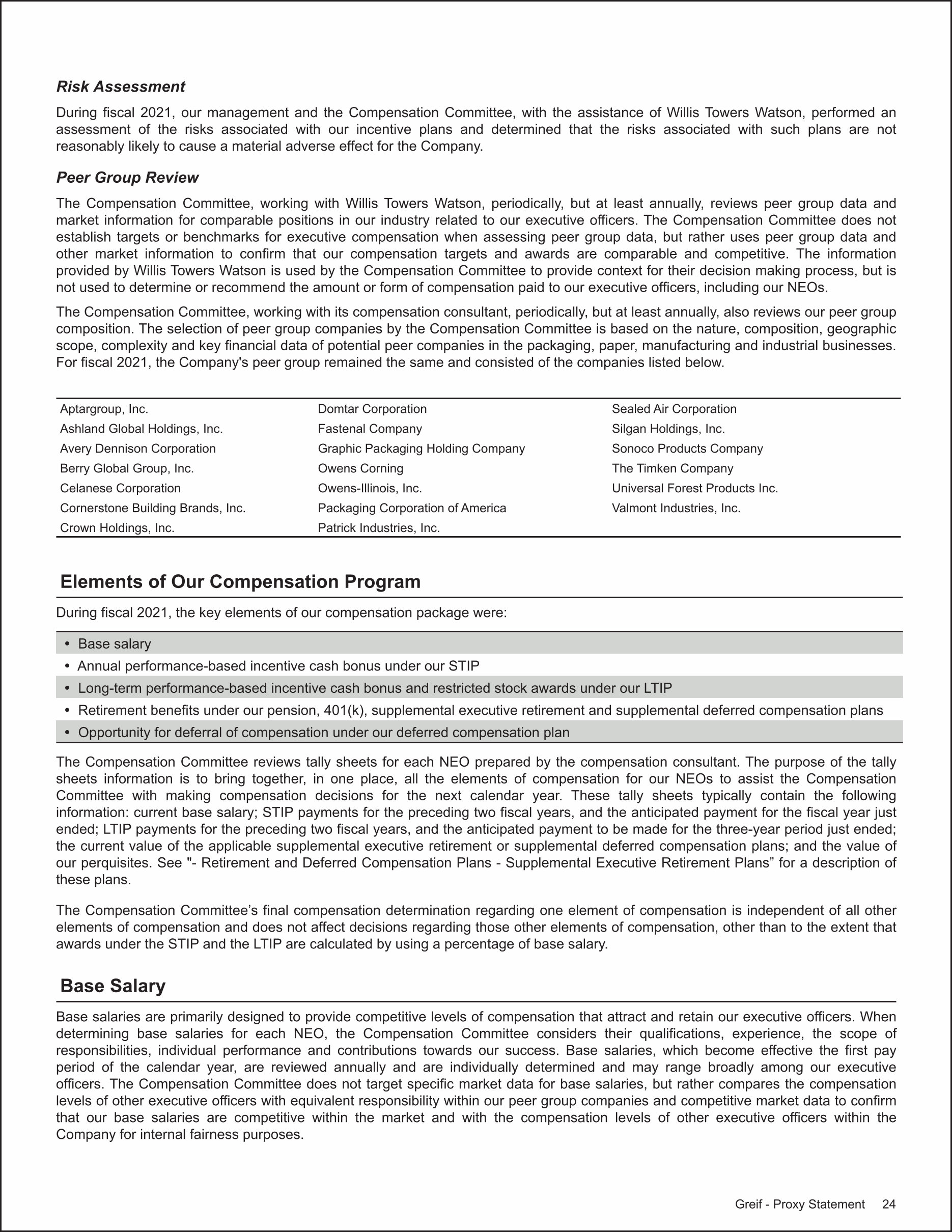
You should consider becoming a sports consultant if you are passionate about sports and want to make money doing it. It's an exciting career path that is growing in popularity, and consultants are highly sought after. There are many options for working with sports organizations, such as athletes, coaches and sports marketing agencies.
Sports consulting is the process of analyzing elite athletes and top companies to improve performance. Coaching, coaching, risk management, financial plan, and many other areas are included. The key is to have a clear understanding of the industry and the various players, and to exude confidence when dealing with clients. Consulting firms can assist with career planning, agent selection, and more.
Sports consulting offers advice on how you can get the most from your investment. For instance, a sports marketing agency might consult with a consulting firm on how to maximize the ROI of a sponsorship. A sports team might consult a firm to learn how to reach a wider fan base.

One of the most popular services is agent selection. Agents can offer sponsorship deals to their clients from large corporations. They can help their clients to find and hire the best individuals to fill vacant positions on their sporting teams. They are invaluable to any company looking for a way to boost its image within the sporting world.
Total Sponsorship Analysis is another service that can be offered by a professional sports consultant. TSE is a complete assessment of a company’s sponsorship program. This allows a business to understand how they are meeting their sponsorship goals and to make adjustments if necessary.
Consulting can be a challenging job. To succeed in this field, you need to have a strong background and be open to learning new things. Also, it is essential that you have a good network of contacts. You can better understand the industry by having a large number of contacts.
The sports consulting industry is promising, whether you are a player trying to get into the professional leagues, a coach who wants to strengthen your team, or a consultant looking to help a team succeed. With the growing number of sports consultants, there is a growing need for consultants to deliver strategic analysis and advice to their clients.

Although sports consulting can be stressful, it can be an exciting career path. You'll be helping sports teams and athletes improve their performances and make millions of dollars. Most of your time, you'll be working for the biggest names in this industry. You may be required to deal with more challenging situations.
Starting a sports consulting business is a challenge, and it can be difficult to decide which projects to tackle. You can choose to focus on a particular sport or all sports. Or, you could start a business that works with multiple sporting organizations.
FAQ
Do I need to pay tax on consulting income?
Yes, you will need to pay tax on your consultancy profits. The amount you earn depends on your annual income.
If you are self employed, you can claim expenses in addition to your salary. This includes rent and childcare.
However, you can't deduct interest payments for loans, vehicle depreciation or the cost to purchase equipment.
You cannot claim back less than PS10,000 in a given year.
But even if you're earning more than this threshold, you might still be taxed depending on whether you're classed as a contractor or employee.
Pay as you Earn (PAYE) is the most common method of taxing employees. Contractors pay VAT.
What skills are necessary for consulting?
Consultants should be able to communicate effectively and have excellent analytical skills. This is essential because you will be working on projects that you don't know the details of. This is a must because you need to learn how quickly you can manage people.
You also need to have excellent communication skills. Most clients expect a reply within 24 hours. If they don’t hear back, they assume that you aren’t interested. It is vital to inform them and make sure that they are fully informed.
How is consulting different from freelancing
Freelancers are individuals who work for themselves and offer their services to clients. Hourly rates are usually charged based on the time they spend working on a client’s project. Consultants work for companies and agencies that employ them. Their salaries are often paid monthly, or annually.
Because they have control over their work hours and can set their prices, freelancers are more flexible than consultants. However, consultants often have better benefits, such as health insurance, vacation days, sick leave, retirement plans, etc.
What qualifications are required to become a consultant?
It is not enough to have an MBA degree. You must also have experience as a consultant. Two years experience should be gained in consulting or training for a major corporation.
You will need to have worked closely alongside senior management teams in order to develop strategy projects. This would require you to be comfortable with presenting ideas and getting buy in from clients.
Additionally, you will need to pass a professional qualification such as the Chartered Management Institute Certified Management Consultant (CMC).
What is the difference?
An advisor gives information on a topic. A consultant provides solutions to problems.
Consultants work directly with clients to help them reach their goals. Clients are referred to advisors through books, magazines and lectures.
Who hires consultants?
Many organizations have consultants who help them with projects. These include small businesses, large corporations, government agencies, non-profits, education institutions, and universities.
While some consultants work for these companies, others are freelancers. In either case, the hiring process varies depending on the size and complexity of the project.
There will be many rounds of interviews for consultants when you are looking to hire. Only then can you select the right person to fill the position.
Is it possible that a consultant business can be started from home?
Absolutely! Indeed, many consultants already do this.
Many freelancers work remotely via tools such as Skype, Trello and Basecamp. They may even create their own office space in order to take advantage of company perks.
Freelancers may prefer to work in libraries or cafes rather than in traditional offices.
And others choose to work from home because they enjoy being surrounded by their children.
Although working from home is a great option, there are some downsides. However, if you love what you do, it is worth considering.
Statistics
- "From there, I told them my rates were going up 25%, this is the new hourly rate, and every single one of them said 'done, fine.' (nerdwallet.com)
- Over 50% of consultants get their first consulting client through a referral from their network. (consultingsuccess.com)
- So, if you help your clients increase their sales by 33%, then use a word like “revolution” instead of “increase.” (consultingsuccess.com)
- My 10 years of experience and 6-step program have helped over 20 clients boost their sales by an average of 33% in 6 months. (consultingsuccess.com)
- WHY choose me: Why your ideal client should choose you (ex: 10 years of experience and 6-week program has helped over 20 clients boost their sales by an average of 33% in 6 months). (consultingsuccess.com)
External Links
How To
How to start a consulting company and what should I do first?
A consulting business is a great way of making money online. You don’t need to have business experience or invest capital. It is possible to create a website to launch your consulting business. To promote your services, you will need to create a website.
You can use these tools to put together a plan for marketing that includes:
-
Content creation (blogs).
-
Establishing relationships (contacts).
-
Generating leads (lead generation forms)
-
Selling products online
Once you've created your marketing strategy, the next step is to find clients who are willing to pay you for your services. While some prefer to network through events and networking groups, others prefer to use online tools like Craigslist or Kijiji. You have the freedom to choose.
Once you have found clients, you should discuss terms and payment options. You can discuss hourly rates, retainer agreements, flat fees, and other options. You need to be clear about what you expect of a client before they accept you as a client.
Hourly agreements are the most common contract type for consultancy services. This agreement allows you to agree to provide services at a fixed price each week or month. You may be able negotiate discounts depending on what service you offer. Before you sign a contract, ensure you understand everything.
Next, you will need to create invoices that you can send to your clients. Invoicing is one of those things that seems simple until you actually try it. There are many ways that you can invoice your clients depending on what your preferences are. Some prefer to send their invoices directly by email, while others prefer to print and mail hard copies. Whatever your preferred method, make sure it works well for you.
After creating invoices are complete, you will need to collect payments. PayPal is popular because it is easy to use, offers several payment options, and most people prefer it. Other payment processors such as Square Cash. Google Wallet. Apple Pay. Venmo.
Once you're ready and able to collect payments, you should set up bank accounts. You can track income and expenses separately by having separate savings and checking accounts. It is also a good idea to set up automatic transfers into your bank account for paying bills.
Although it can seem daunting when you first start a business as a consultant, once you get the hang of it, it will become second nature. Check out this blog post for more information about starting a consultancy company.
The best way to make extra cash is to start a consulting business. Many consultants work remotely. This means that they don’t have to deal in office politics or work long hours. Because you don't have to work a set number of hours per week, you can be more flexible than a traditional employee.